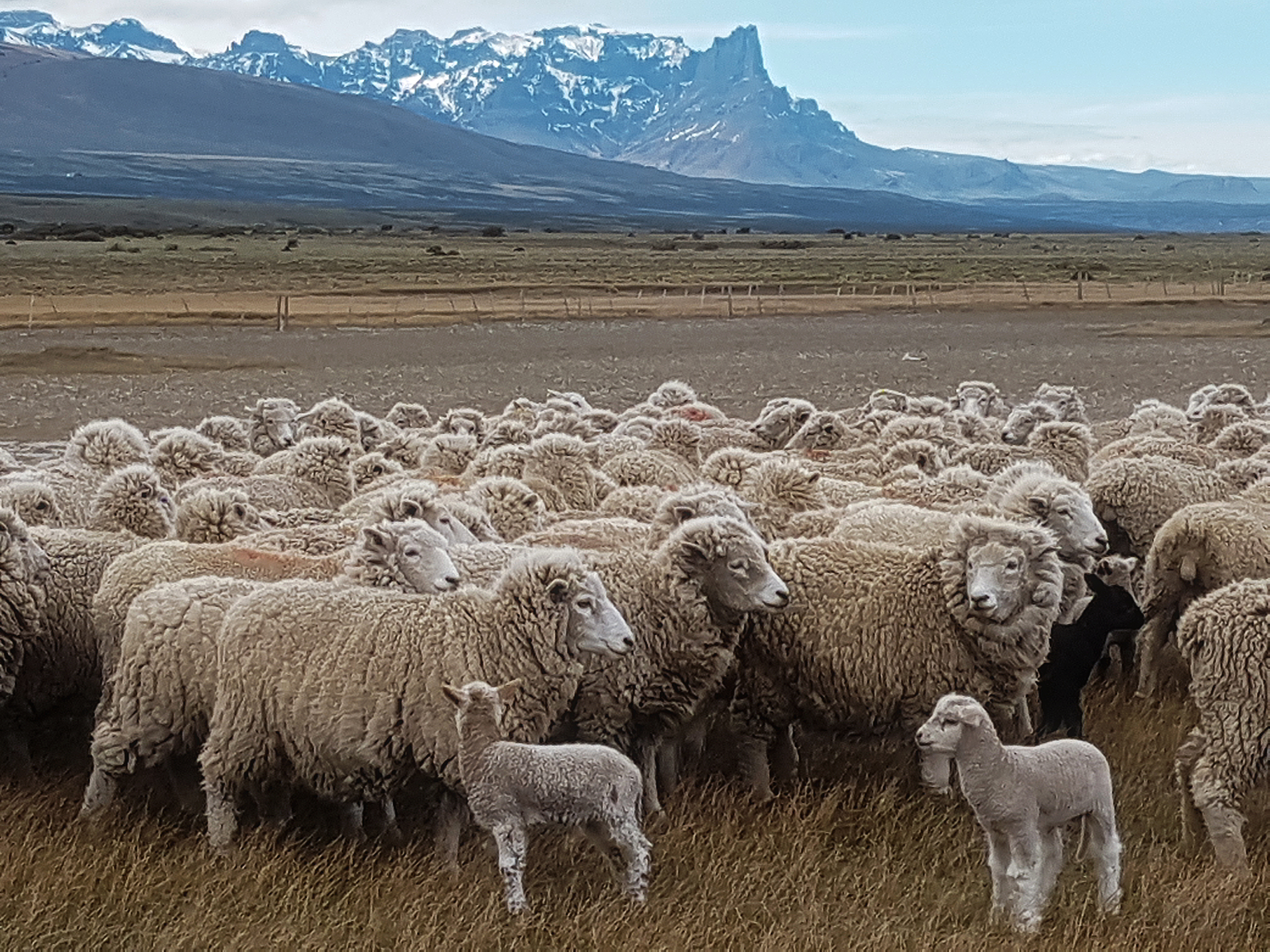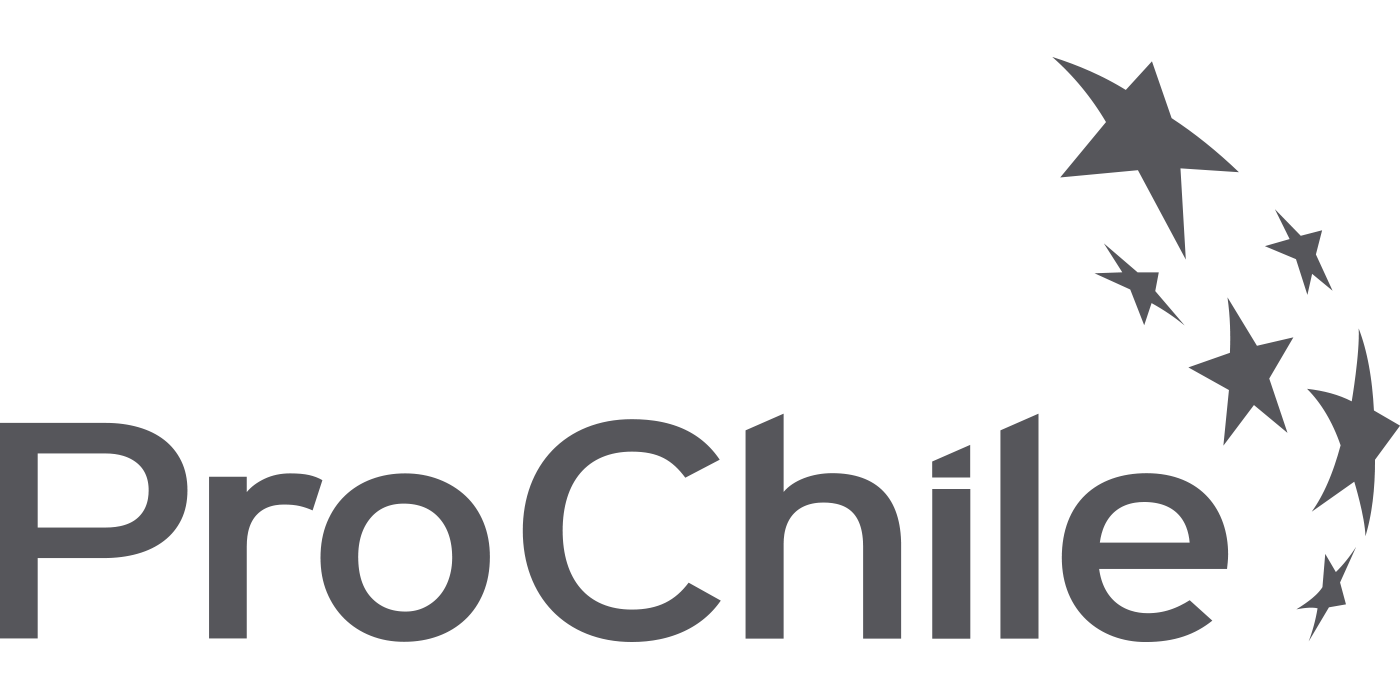For centuries, animals have been an important source of subsistence for humans. The food and shelter they provide have allowed the human race to survive, develop and expand.
Concern for animal welfare is as old as animal farming. It consists, among other things, in ensuring that the environment in which animals live allows them to live healthy, comfortable, well fed, that they can express their natural behavior, that they have veterinary care and that they do not suffer from pain, fear or distress.
These premises are part of the good livestock practices in Chilean Patagonia, where the livestock sector has improved infrastructure, technology, equipment and training, in addition to disseminating and promoting these good practices, which benefit the welfare of sheep.
In 1965, Roger Brambell established the world-renowned Five Freedoms, or rights, that animals should have to ensure their welfare under human care.
- Freedom from hunger, thirst and malnutrition. Animals must have access to water and an adequate diet to maintain good health and vigor.
- Free from physical and thermal discomfort, through the provision of an adequate, protected and comfortable environment.
- Freedom from pain, injury and disease, through prevention or timely diagnosis and treatment.
- Freedom to express normal patterns of behavior; to have sufficient space, adequate facilities and the company of animals of their own kind.
- Freedom from fear and distress. It must be guaranteed that the conditions and treatments avoid animal mental suffering.
In 2003 Chile signed the Sanitary and Phytosanitary Agreement with the European Union, where the protection of animals is regulated according to the standards of the World Organization for Animal Health (OIE) and, since 2009, the aspects that govern Animal Welfare have been regulated, according to the various activities carried out in animal production.
In 2017, in the region of Magallanes, Chile, the Corporation for Good Livestock Practices (Corporación por las Buenas Prácticas Ganaderas) is created, bringing together representatives of the livestock sector, in order to promote and collaborate together in the dissemination, promotion and implementation of activities that enhance animal welfare, sustainability, environmental care and safety of human resources involved in the different processes. AGROPAT is a founding partner and an active entity in the promotion and development of good livestock practices in Chilean Patagonia.
Download the Manual of Good Livestock Farmer Practices (in spanish):






